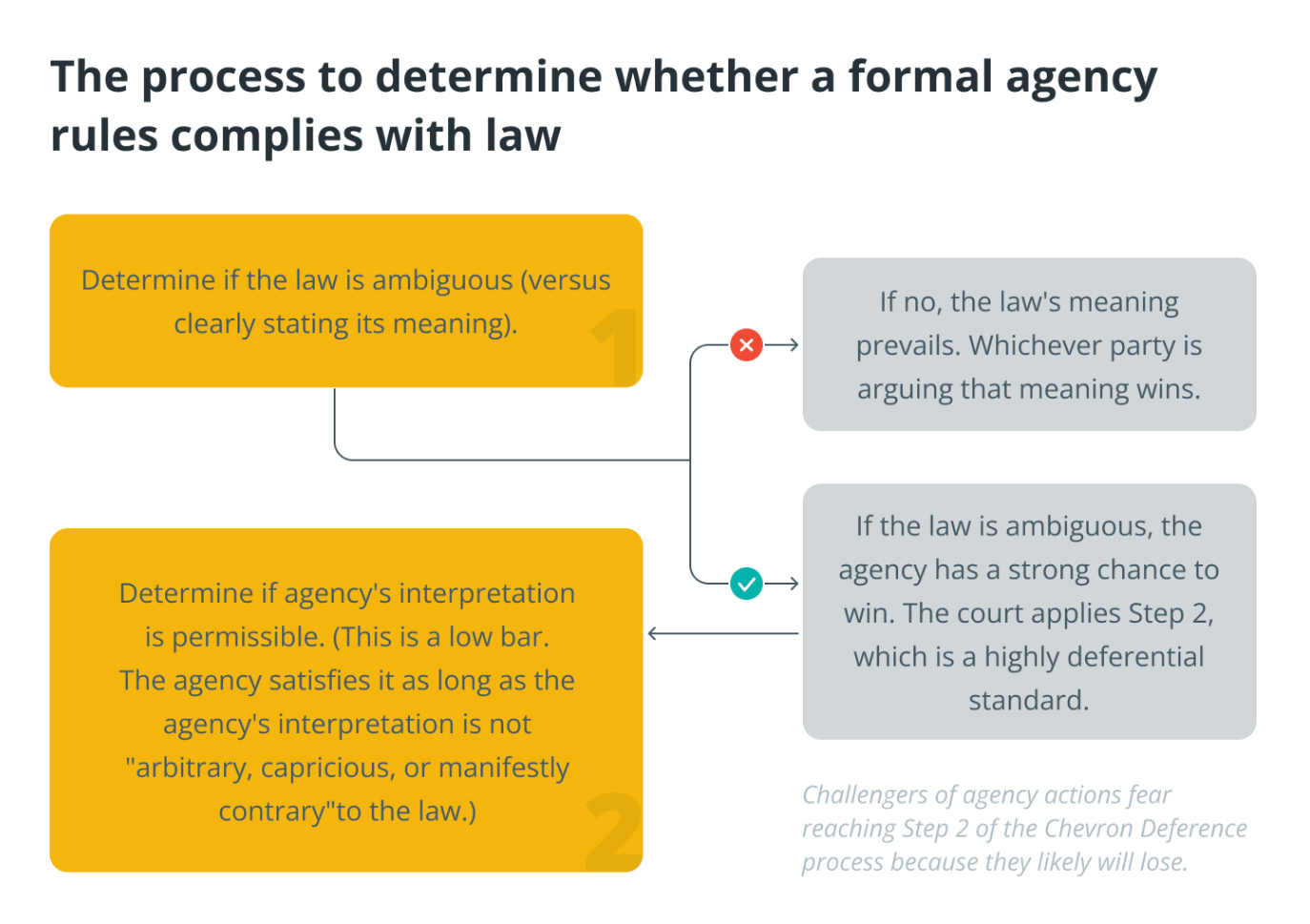It’s no secret that Gary Gensler, the chairman of the United States Securities and Exchange Commission (SEC), has issues with the current state of the crypto and blockchain industry. However, the US government is not just made up of regulatory bodies. Some US legislators do not share Gensler’s views and have rejected the SEC’s regulation of crypto assets. The varying thoughts within the US government create an uncertain and shaky environment for the construction of crypto projects if included in the United States.
Crypto Legislation in the US
Part of the problem is the SEC’s constantly changing and undefined process of deciding what constitutes a security; this process has expanded with the agency’s use of the Howey test. The Howey test is considered outdated by many in the crypto industry. However, the way the United States government creates laws is different from many other countries.

Two cases in front of the United States Supreme Court (SCOTUS), Loper vs. Raimondo and Relentless, Inc. vs. U.S. Dept of Commerce, could significantly limit such definitions related to cryptocurrency and potentially enable the industry to grow again in the US. According to a SCOTUS blog post, both cases concern the potential clarification of the scope of federal agencies’ discretion to use their own judgment and interpret the law in lieu of explicit directives from Congress.
The Loper case exemplifies the practical consequences of the Chevron process, interpreting a long-standing fishing protection law to require fishing boat owners to cover the cost of monitors on board. Critics argue that this is an arbitrary application of the rule, imposing unsustainable costs on small businesses and potentially leaving them jobless.
The 1984 Chevron vs. Natural Resources Defense Council case established a precedent for the Chevron process, significantly affecting many sectors, including the cryptocurrency market.
SEC and the Crypto Market
So what is the Chevron process? The US Congress is generally not an expert on any particular subject, as it is made up of a wide variety of people who come and go. Congress has delegated the implementation of laws to administrative agencies to help create a more focused and effective process for the enforcement of laws. These agencies are responsible for managing and implementing laws passed in the legislative process.
However, according to the Cornell Law School Legal Information Institute, the Chevron case determined that as long as the actions of a federal agency in applying the law are not unreasonable and Congress has not directly legislated or remained silent on that part of the law, federal agencies can implement laws.

The Chevron process allows for a rational and reasonable interpretation by the agency tasked by Congress to implement the law. However, many in the crypto space could argue that the SEC’s decisions related to crypto are far from being rational or reasonable.

 Türkçe
Türkçe Español
Español









